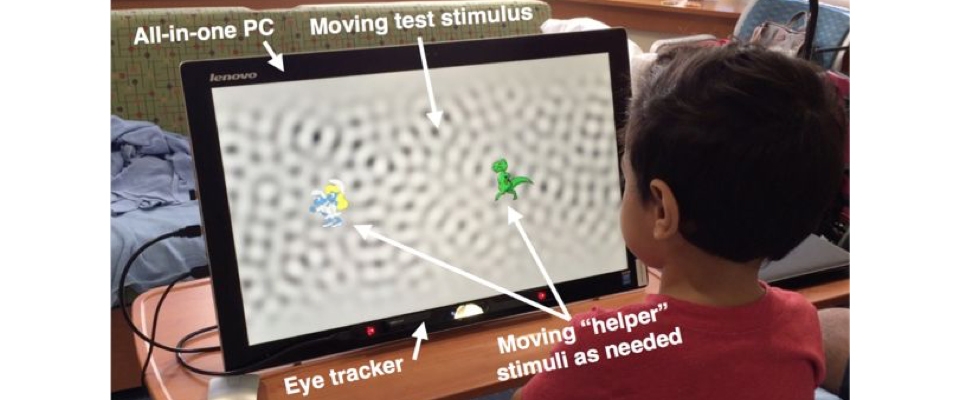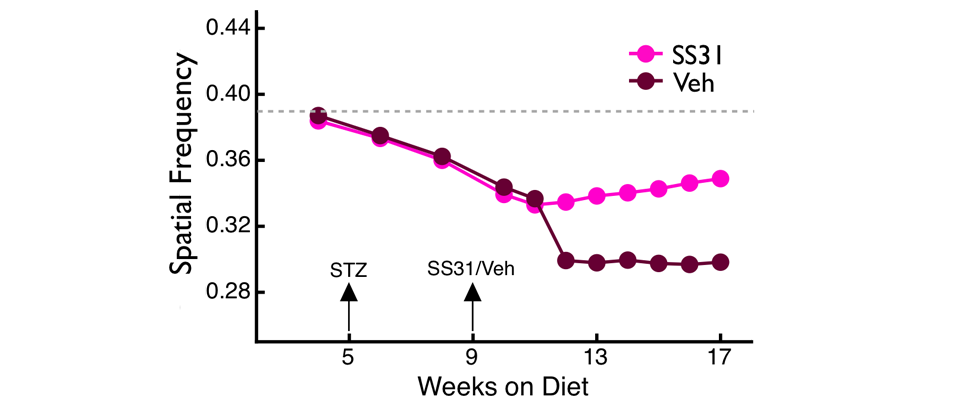You are here
Laboratory for Visual Disease and Therapy
Prusky lab focuses on understanding the nature of adaptive change in the nervous system in animals, and applying the insights to the treatment of visual dysfunction in humans. Our basic research program utilizes the rodent visual system as an experimental model, with anatomical, biochemical, electrophysiological, and behavioral methods as output measures.
One research stream focuses developing a cell-based retinal transplantation procedure to limit the loss of vision in age-related macular degeneration. We are also pioneering the use of mitochondria-targeting therapeutics to prevent and reverse visual decline associated with diabetic retinopathy and aging.
Another stream is aimed at designing experience-based strategies to improve vision in developmental diseases such as amblyopia, or as the result of early brain injury. We have begun to translate our basic research findings into human clinical practice at the Blythedale Children’s Hospital. This work has been facilitated by the invention of a device (OptokineSys) that enables the ability to measure vision, and to provide therapeutic visual experience, in children with limited verbal and cognitive ability.

OptokineSys in use with a child patient of the Brain Injury Unit at Blythedale Children’s Hospital.

TZ and diet-induced decline of visual function (brown trace) is halted and reversed with daily SS-31 treatment.

